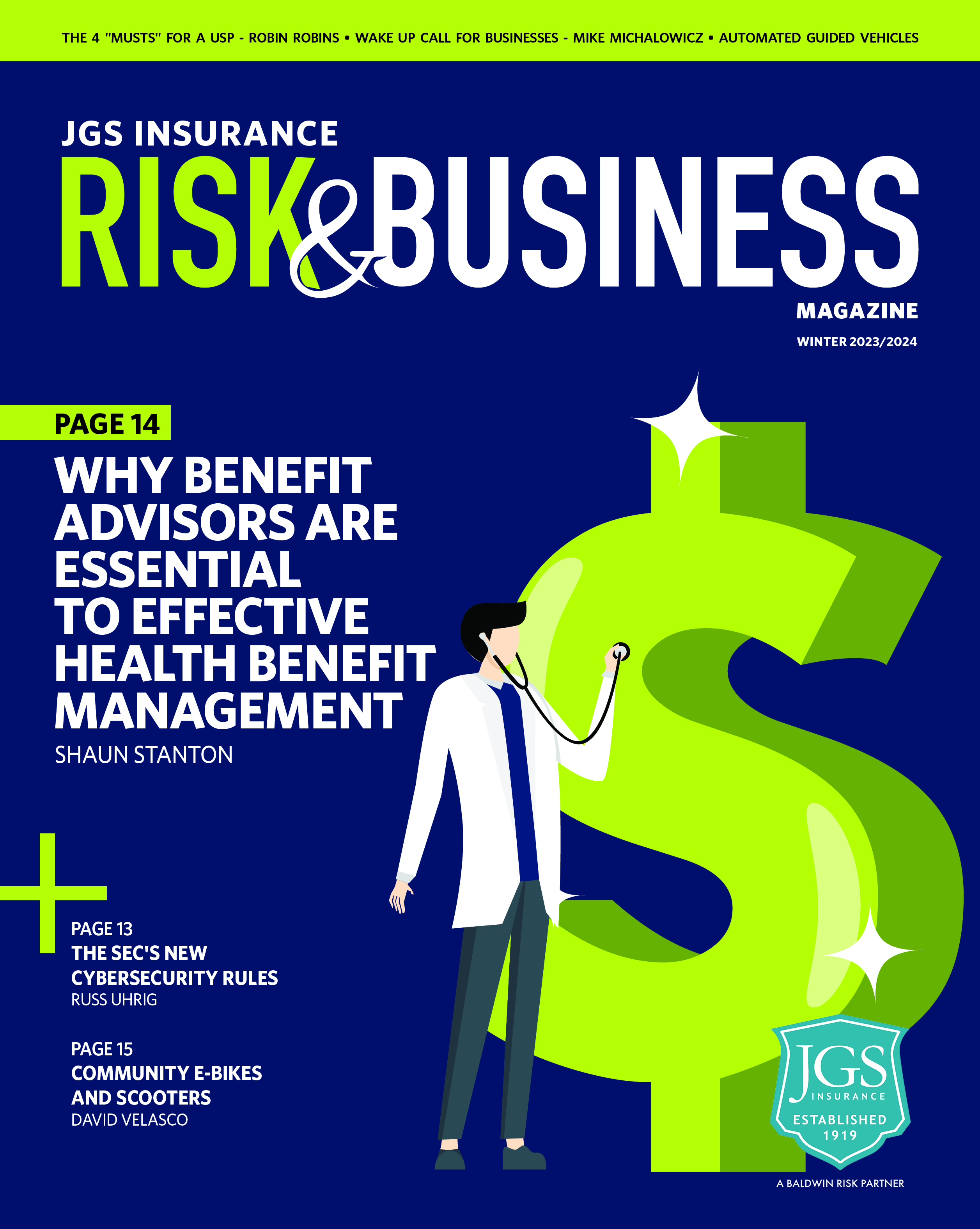By Barry Fields, Partner, Employee Benefits ![]()
Effective March 1, 2020, a New Jersey law required employers with 20 or more employees to establish pre-tax transportation fringe benefit programs for their employees. New Jersey was the first state to pass a law of this kind.
Transportation fringe benefit programs allow employees to set aside pre-tax dollars for certain work-related commuting expenses. The New Jersey law requires these programs to provide benefits for transit passes and vanpooling expenses, although employers may also include qualified parking.
Transportation Fringe Benefit Program
New Jersey employers that are subject to the state’s unemployment compensation law and have at least 20 employees must offer all of their employees the opportunity to elect pre-tax benefits for qualifying transit passes and vanpooling expenses. The program must allow employees to elect benefits at the maximum level permitted by federal law.
Internal Revenue Code Section 132(f) allows employees to use pre-tax dollars to pay for certain work-related commuting expenses. These expenses include qualified parking, transit passes, and vanpooling. These pre-tax dollars are exempt from federal income taxes and Social Security taxes.
New Jersey’s commuter benefits law became effective on March 1, 2019, with penalties against employers for noncompliance beginning March 1, 2020. Covered employers must offer pre-tax commuter benefits to their collectively bargained employees when their collective bargaining agreements that were in effect on March 1, 2019, expire.
Maximum Benefit Limits
Federal tax law establishes a maximum amount of transportation fringe benefits that employees can exclude from income for tax purposes. These limits are subject to annual increases for inflation. For 2022, the maximum benefit levels are as follows:
- Qualified parking: $280 per month
- Vanpooling and transit passes (combined): $280 per month
Qualified Expenses
Transportation fringe benefit programs can provide benefits for qualified parking, transit passes, and rides in commuter highway vehicles (vanpooling) as detailed below:
Qualified Parking: Parking provided to employees at or near the employer’s business premises. It also includes parking on or near the location from which employees commute to work using mass transit, commuter highway vehicles, or carpools.
Transit Passes: Any passes, tokens, farecards, vouchers, or similar items that allow employees to ride free of charge (or at a reduced rate) on mass transit or in a vehicle that seats at least six adults (excluding the driver) if a person in the business of transporting persons for pay or hire operates it. Mass transit may be publicly or privately operated and includes bus, rail, or ferry.
Vanpooling: Transportation between the employee’s residence and place of employment in a commuter highway vehicle that seats at least six adults (excluding the driver).
Enforcement and Penalties
The state Department of Labor and Workforce Development is responsible for ensuring that covered New Jersey employers provide pre-tax transportation fringe benefits. Employers that fail to offer pre-tax transportation fringe benefits as required by the law may be subject to penalties. First violations can trigger penalties between $100 and $250. Employers will have 90 days to offer a pre-tax commuter benefits program before the penalty is imposed for a first violation. After that 90-day period, employers can be subject to a penalty of $250 for each 30-day period of noncompliance.
Contact us for more information on the New Jersey pre-tax commuter benefit requirement.
